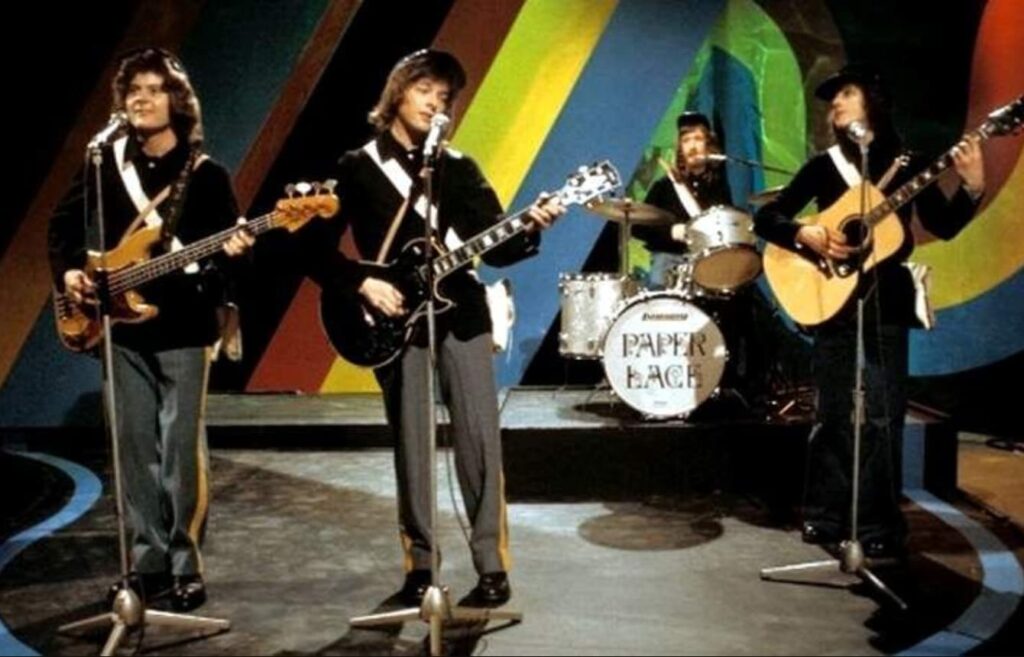
An Unsung Tragedy Etched in a Pop Song
A timeless tale of love and loss, where a young man’s heroic aspirations lead to heartbreak and an uncelebrated death.
There are some songs that, with just a few opening bars, can transport you back to a specific time and place. For many who came of age in the mid-1970s, the martial drumbeat and a single, plaintive whistle of Paper Lace‘s “Billy Don’t Be a Hero” do just that. It’s a song that speaks to a generation, a death ballad dressed up as a pop tune, that resonated deeply even as it was met with a critical snicker. For those of us who remember a time when songs told stories, this one, in all its sentimental glory, was a masterclass in concise, heart-wrenching narrative.
The song, released in February 1974, was a massive success for the British pop rock band Paper Lace. It soared to the number one spot on the UK Singles Chart, where it remained for three weeks, and also topped the charts in Australia. Interestingly, while it was a smash hit for Paper Lace across the pond, it barely registered in the United States, peaking at a lowly number 96 on the Billboard Hot 100. That’s because an American group, Bo Donaldson and the Heywoods, released a cover version just a few months later that went on to become a number one hit in the US, creating a fascinating transatlantic rivalry over a single song.
“Billy Don’t Be a Hero” is an emotional, bittersweet story-song written by the British songwriting duo Mitch Murray and Peter Callander. While many listeners at the time associated its anti-war message with the ongoing Vietnam War, the song’s lyrics contain subtle clues that place its setting in a much earlier conflict. The references to a “marching band” leading “soldiers in blue” and the act of “riding out” to seek reinforcements strongly suggest the American Civil War. In fact, for a performance on Top of the Pops, Paper Lace even wore Union Army-style uniforms to reinforce this historical context.
The song’s narrative is a simple, yet powerful tragedy. A young woman begs her fiancé, Billy, not to be a hero as he prepares to join the soldiers marching through town. She implores him to “come back and make me your wife,” a plea for him to prioritize their love and his life over glory. But Billy, swept up in a moment of bravado, volunteers for a dangerous, heroic mission. The song then heartbreakingly reveals his fate: he is killed, and a commander writes a letter to his fiancé, praising Billy’s bravery. The final line, “I heard she threw that letter away,” is a gut punch, a quiet act of defiance that perfectly encapsulates the futility of his sacrifice and her profound grief. She didn’t want a hero; she wanted her love. And the accolades for his “heroism” are meaningless in the face of her loss. It’s a reflective piece that makes us question the true cost of glory and the value we place on life. The song’s enduring legacy isn’t its chart position, but its ability to evoke a deep, melancholic ache, a reminder of all the young men who went to war and never came home, leaving behind a heartbroken world that would have traded every medal for a simple return.